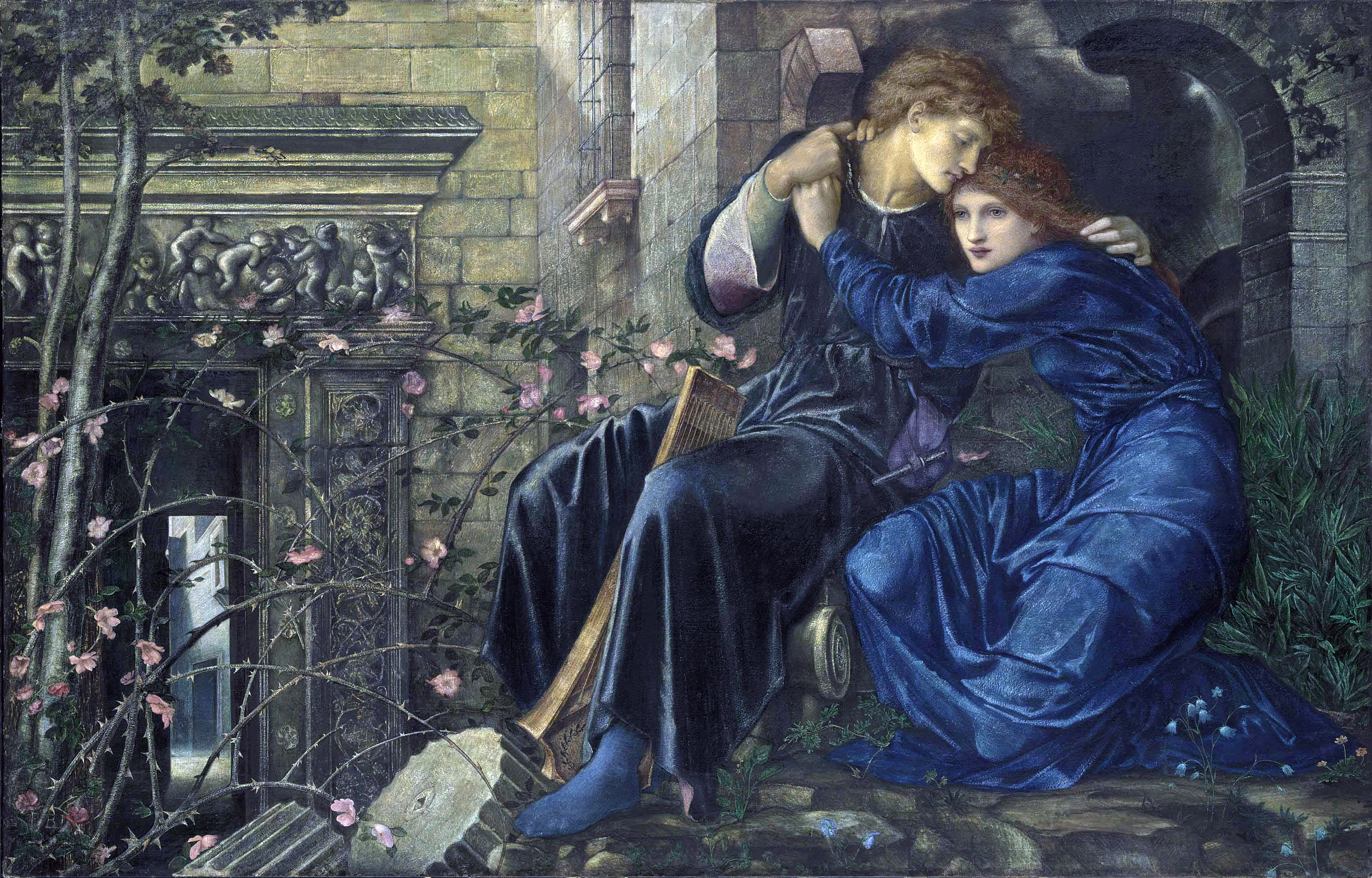There are things that happen and leave no discernible trace, are not
spoken or written of, though it would be very wrong to say that
subsequent events go on indifferently, all the same, as though such
things had never been.
Ever since it's publication in 1990, A. S. Byatt's novel Possession has garnerd much acclaim. It received the Booker Prize, and was included on TIME Magazine's "TIME 100 Best English-language Novels from 1923-2005" list. Part historical fiction, part contemporary novel, it explores the worlds of Victorian literature, academic research, and relations between men and women.
The Plot:
Roland Mitchell is an obscure scholar studying the writings and life of the manly Victorian nature poet Randolph Henry Ash. A chance discovery in the London Library puts Roland on the scent of a possible relationship between Ash and another Victorian poet, the reclusive feminist Christabel LaMotte. Needing more information on LaMotte, Roland looks up Maud Bailey, a descendent of LaMotte's niece and a scholar of her works.
Though Maud is initially resistant to Roland's theories surrounding a possible romance between the two poets, she finds herself drawn deeper into the mystery with him. Their search takes them from the heart of the English countryside to the wild shores of Brittney. It isn't long before other academics begin to sense that an earth-shattering discovery is about to be made and soon the race is on to discover the truth and claim a piece of history for their own.
My Review (Caution - Spoilers):
I discovered this novel after seeing the film version. I found the story intriguing and wanted to find out more about the original. The story remains intriguing in the book, but of course the depth is much greater and Byatt explores many different themes.
As the title suggests, the main theme surrounding this story is the idea of possession. Roland and Maud's whole search is based on them possessing the knowledge of Ash and LaMotte's relationship, and yet they themselves are possessed by the search itself. The relations between lovers become complicated as each one tries to fully possess the other. And the various academics are most concerned with who will end up possessing the various documents relating to this discovery. The depth to which Byatt plays on this theme is incredible. It becomes obvious almost from the beginning that she is a very intelligent writer. Not only does she have to create the two parallel stories of Roland/Maud and Ash/LaMotte, but she is also responsible for the dozens of Victorian-style poems found throughout the novel. Her understanding of modern academia is also an incredible thing to read.
And yet for me, it was this very intelligence that became my downfall. To truly appreciate this novel, I think you have to possess a Ph. D. in either Victorian poetry or creative writing. There are entire chapters consisting of nothing but poems in the high Victorian style. And while it is important to read them so that you can fully grasp the meaning of later chapters, it is quite a chore. On top of that you have academics having long discussions about the poetry, long discussions about sexuality and feminism, and long discussions about the academic world itself. I often found myself bogged down in topics that I had no real interest in with no desire except to just get back to the story. On the surface it was something I should have loved, but it had such a heavy tone that it times it nearly overwhelmed me.
There are plenty of people who love this novel and it is REALLY well written, so I am in no way trying to discourage you from reading this. Just be prepared for a very intellectual novel with lots and lots of poetry. Not a horrible book, just not entirely my cup of tea. Maybe one day when I'm smarter I'll find time to give it another try.
The Movie:
The 2002 film version stars Aaron Eckhart as Roland, Gwyneth Paltrow as Maud, Jeremy Northam as Ash, and Jennifer Ehle as LaMotte. Obviously it is a very simplified version of the book with much of the focus staying on the various romances and the thrill of the search. I enjoyed the film, especially the parts involving Ash and LaMotte.
Trivia: This film reunites Paltrow and Northam who previously starred together in the film adaptation of Emma. May I say it was also interesting to see Mr. Knightley (Northam) get it on with Elizabeth Bennet (Ehle).





















